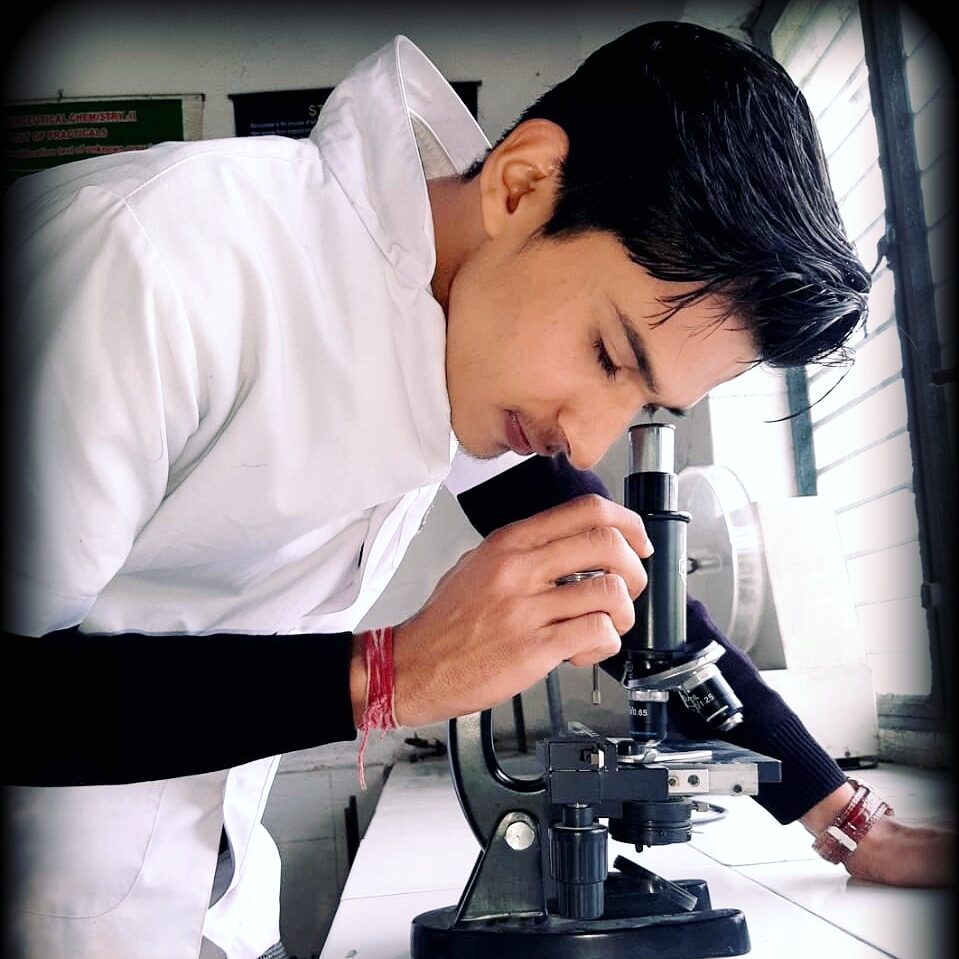The history of pharmacy education in India is a fascinating journey that has evolved over centuries. It encompasses traditional knowledge, colonial influences, and transitioning to modern pharmaceutical education. Here is a detailed overview of the history of pharmacy education in India:
1. Ancient Roots:
Pharmacy education in India traces its roots back to ancient times. Traditional systems of medicine like Ayurveda and Unani have longstanding traditions of pharmacy and herbal preparations.
Ancient texts like the Charaka Samhita and Susruta Samhita contained detailed information about medicine preparation, compounding, and dispensing.
2. Ancient Educational Institutions:
Ancient educational centers like Takshashila and Nalanda provided comprehensive education, including training in preparing and using herbal medicines.
These institutions played a significant role in imparting pharmacy and traditional medicine knowledge.
3. Colonial Influence:
The British colonial period had a significant impact on pharmacy education in India. The colonial rulers introduced Western pharmaceutical practices.
The first pharmacy school in India was established at the Madras Medical College in 1874, during British rule.
4. Early Initiatives:
The British government in India recognized the need for formal education in pharmacy. Several colleges offering pharmacy courses were established, including the Bengal Chemical and Pharmaceutical Works and the Government College of Pharmacy, Calcutta.
5. Modernization and Post-Independence:
After gaining independence in 1947, India took steps to modernize pharmacy education. The Indian Pharmaceutical Association (IPA) was founded in 1938, and it played a crucial role in promoting pharmacy as a scientific and professional discipline.
The Pharmacy Council of India (PCI) was established in 1948 to regulate pharmacy education and practice. PCI sets standards for pharmacy schools and registers pharmacists.
6. Pharmacy Degrees and Courses:
India offers various pharmacy programs, including Diploma in Pharmacy (D. Pharm), Bachelor of Pharmacy (B.Pharm), Master of Pharmacy (M. Pharm), and Doctor of Pharmacy (Pharm.D) programs.
These courses cover various subjects, including pharmaceutical chemistry, pharmacology, pharmacognosy, pharmaceutics, and pharmacy practice.
7. Accreditation and Regulation:
The All India Council for Technical Education (AICTE) and the Pharmacy Council of India (PCI) are the primary regulatory bodies overseeing pharmacy education in India.
Pharmacy schools and colleges must obtain approval and accreditation from these bodies to offer recognized courses.
8. Challenges and Opportunities:
Challenges in pharmacy education in India include the need for updated curricula, research and innovation, access to quality education in rural areas, and a shortage of qualified faculty.
Opportunities include the growth of the pharmaceutical industry, research and development, and the potential for pharmacists to play an expanded role in patient care.

